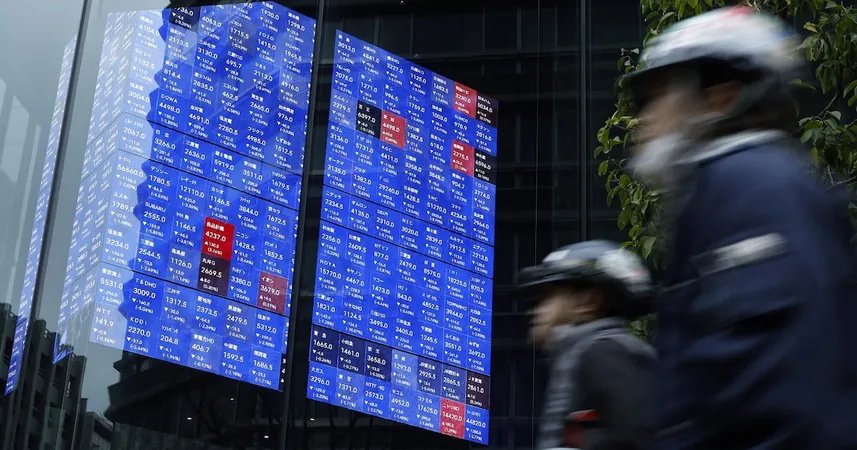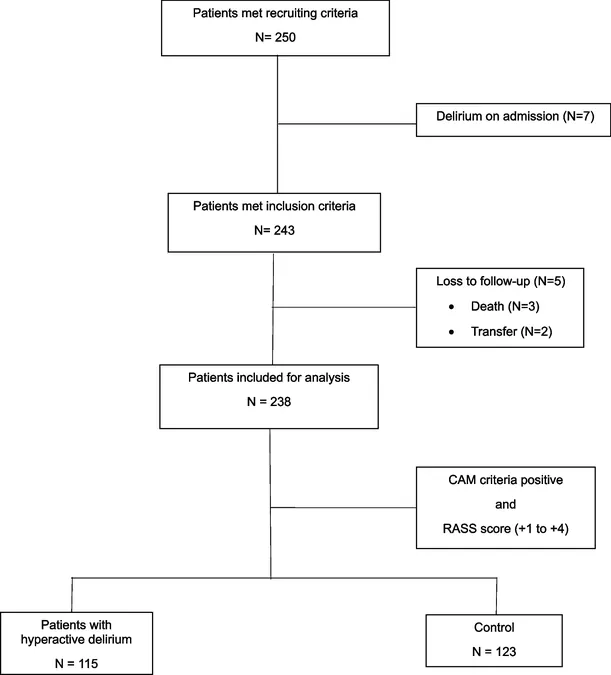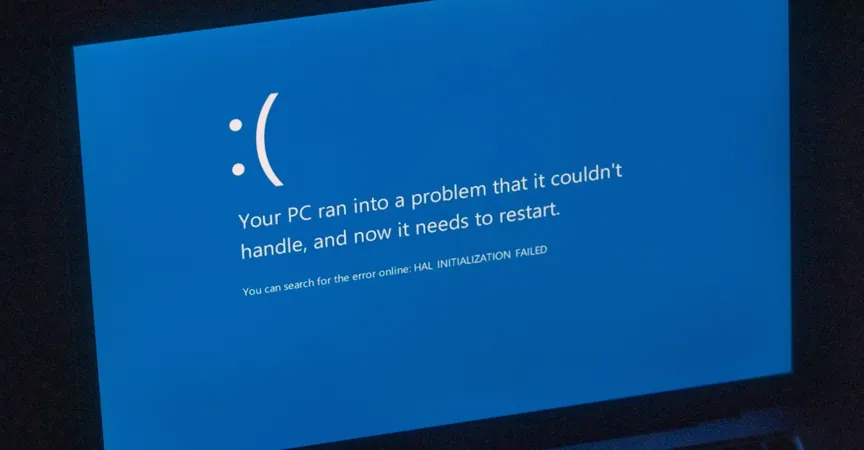
Japan's Ishiba Pushes for Comprehensive Tariff Negotiations Amid Deepening Stock Market Crisis
2025-04-06
Author: Amelia
Japan is taking urgent steps to negotiate a wide-ranging deal with the United States concerning tariffs, amidst a severe downturn in its stock market, exacerbated by escalating trade tensions. Prime Minister Shigeru Ishiba stated in parliament on Monday that he will press President Donald Trump to reconsider the proposed tariffs on Japanese imports, initiating this effort with a phone call to the president.
Trump's refusal to retract the tariffs has caused a ripple effect, negatively impacting global financial markets. "We must make it clear that our country is not doing anything unfair," Ishiba asserted, underscoring Japan's commitment to fair trade practices.
Caught off guard by the U.S. decision to impose a staggering 24% tariff effective April 9, Japanese officials are rapidly coordinating a response. The country's stock indices have taken significant hits; they currently reflect the largest declines among major Asian markets this month, as fears mount over a potential trade war, especially following China’s retaliatory tariffs on American goods.
Yusuke Sakai, a senior trader at T&D Asset Management, remarked, “Stocks had already dropped to an extreme level, but the market is now incorporating the impact of China’s tariffs and the unwavering stance of Trump.” The concerns over a broader recession have turned from mere speculation to a palpable fear in the market.
Ishiba emphasized the importance of Japan being perceived as fair and objective in trade dealings and conveyed his intention to travel to the United States at the earliest opportunity. Finance Minister Katsunobu Kato has been tasked with closely monitoring both financial markets and investor reactions.
The Japanese government is contemplating various strategies to address the crisis, which may include discussions on liquefied natural gas (LNG) exports, automotive trade, agricultural products, and national security. Although officials have not indicated any specific retaliatory actions against the U.S., the government is ensuring flexibility in its response.
In a previous summit with Trump in February, Ishiba had committed to increasing Japan's LNG purchases from the U.S. and pledged to elevate Japanese investments in the U.S. to an impressive $1 trillion. This showcases Japan’s position as the largest foreign investor in the U.S., a status that contributes to American job creation, particularly within the automotive sector.
Market Reaction
The broader Topix index plunged 9.6%, reaching lows not seen since August, while the Nikkei index dropped to its lowest point since October 2023. Trading was so tumultuous that futures for these stock benchmarks were temporarily halted as trading limits were triggered. Meanwhile, Japanese 10-year government bond futures surged to their highest level since December, following their largest weekly gain in nearly 40 years, as investors flocked to secure assets amidst volatility.
The yen also experienced a rally, climbing over 1% against the dollar, marking its strongest position since December before slightly retreating. This surge caps a 2.5% increase for the yen in April, which has outperformed almost all major currencies as traders seek the safety of Japan's currency amid rising trade anxieties.
Overall, the combination of potential recession fears and the uncertainty surrounding U.S.-Japan trade relations is creating a risk-averse atmosphere in the market. Analysts warn that companies with substantial operations in the U.S. may see their profit margins squeezed if these tariff tensions continue.
As the situation unfolds, Japan stands at a critical crossroads, aiming to navigate these economic challenges while upholding its trade relationships and ensuring stability for its markets.









 Brasil (PT)
Brasil (PT)
 Canada (EN)
Canada (EN)
 Chile (ES)
Chile (ES)
 Česko (CS)
Česko (CS)
 대한민국 (KO)
대한민국 (KO)
 España (ES)
España (ES)
 France (FR)
France (FR)
 Hong Kong (EN)
Hong Kong (EN)
 Italia (IT)
Italia (IT)
 日本 (JA)
日本 (JA)
 Magyarország (HU)
Magyarország (HU)
 Norge (NO)
Norge (NO)
 Polska (PL)
Polska (PL)
 Schweiz (DE)
Schweiz (DE)
 Singapore (EN)
Singapore (EN)
 Sverige (SV)
Sverige (SV)
 Suomi (FI)
Suomi (FI)
 Türkiye (TR)
Türkiye (TR)
 الإمارات العربية المتحدة (AR)
الإمارات العربية المتحدة (AR)